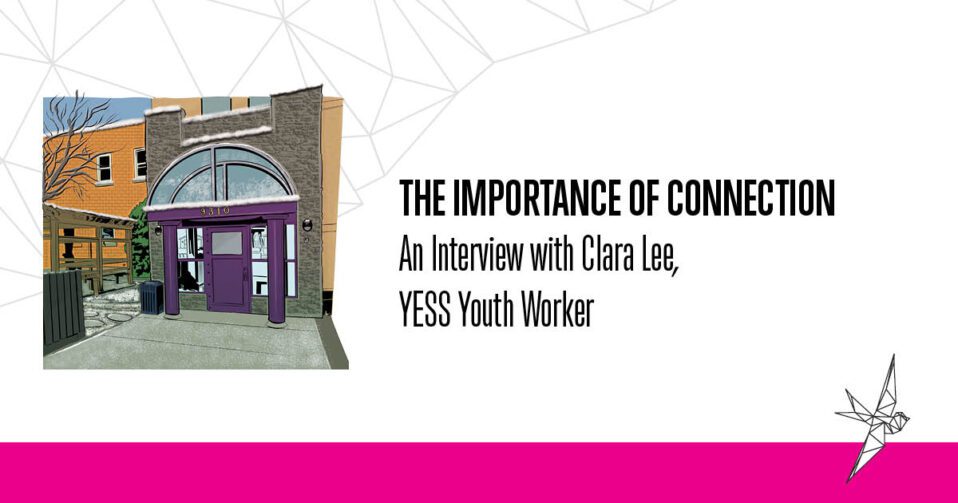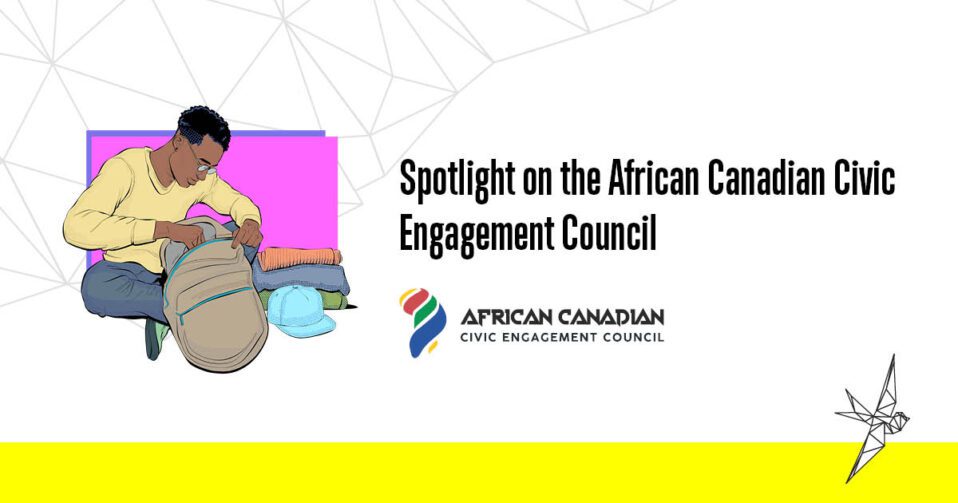Tell us about yourself and your position at YESS!
Hi! My name is Clara and I am a full-time youth worker at the Nexus shelter at YESS. I work to meet youth where they are at and support them in their goals and needs.
Our mission is to walk beside youth on their journeys towards healing and appropriate community integration. How is supporting youth to build positive connections part of the that mission?
By supporting our youth in making positive connections, we provide them with the resources and supports they need to achieve their goals. We at Nexus provide the youth with shelter, food, and clothing so they don’t have to worry about their basic needs while they are navigating their way out of houselessness. We support our youth, whatever their goals may be, whether it be family reunification, finding independent housing, or supportive housing. We collaborate with many great resources in the community to provide the support our youth need and help connect them with these positive supports to empower them in their journeys.
How does YESS staff build positive connections with youth? Why is it important that our staff team represent the diversity of the community we serve?
At Nexus, we build positive connections with our youth through sharing meals together, colouring, or listening to music together. We really try to assess what our youth need and provide that for them. For example, if a youth needs some time alone to regulate their emotions, we can provide them with some space and offer them craft supplies or colouring books. We also build connections with our youth through getting to know their stories and supporting them. At times, it can be difficult to relate to what our youth are going through, but we use empathy and trauma-informed care to help them. By having a team that represents the diversity of the community we serve, we are able to better connect with our youth and understand the challenges and barriers they face.
What is one thing you wish the community knew about youth who access YESS?
One thing I wish the community knew about our youth at Nexus is how resilient they are. I often see the youth meet many barriers and challenges, yet they stay positive and seek other ways to achieve what they want. They often get turned away from opportunities, but they don’t let that bring them down—they come back and ask for more referrals and resources that can help them in their journey out of houselessness. Working with these youth has taught me so much and I am so excited for what they will achieve!


